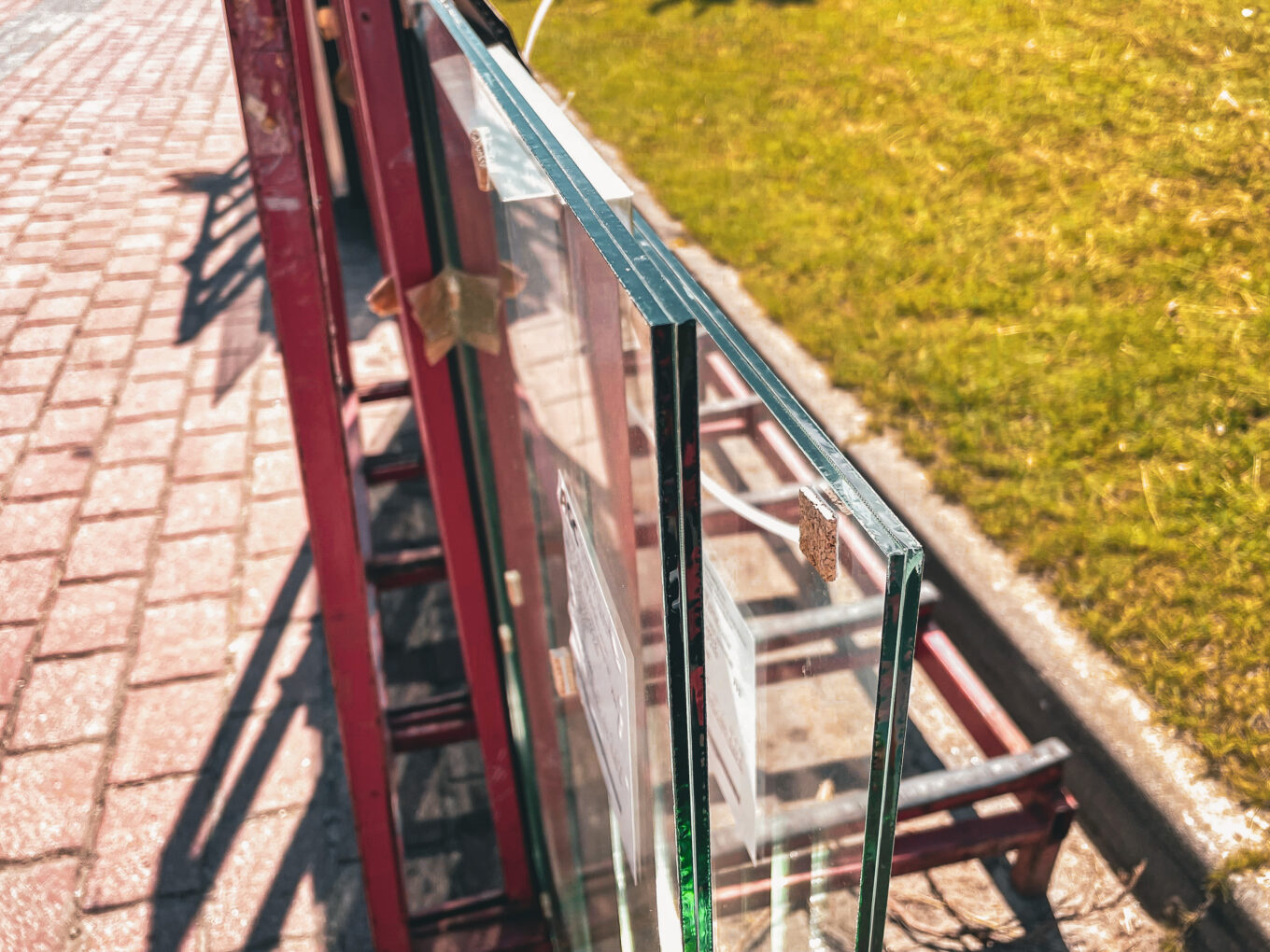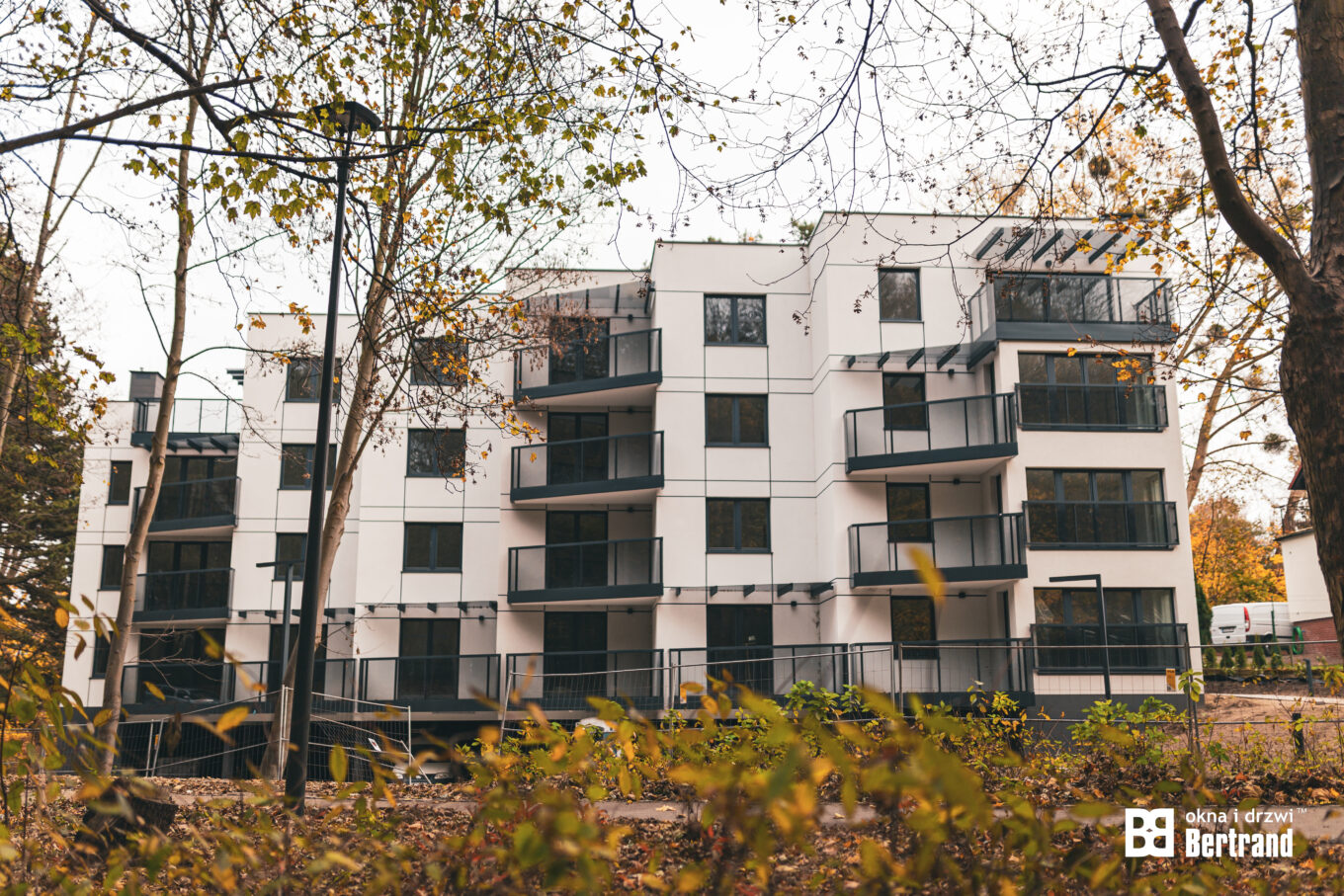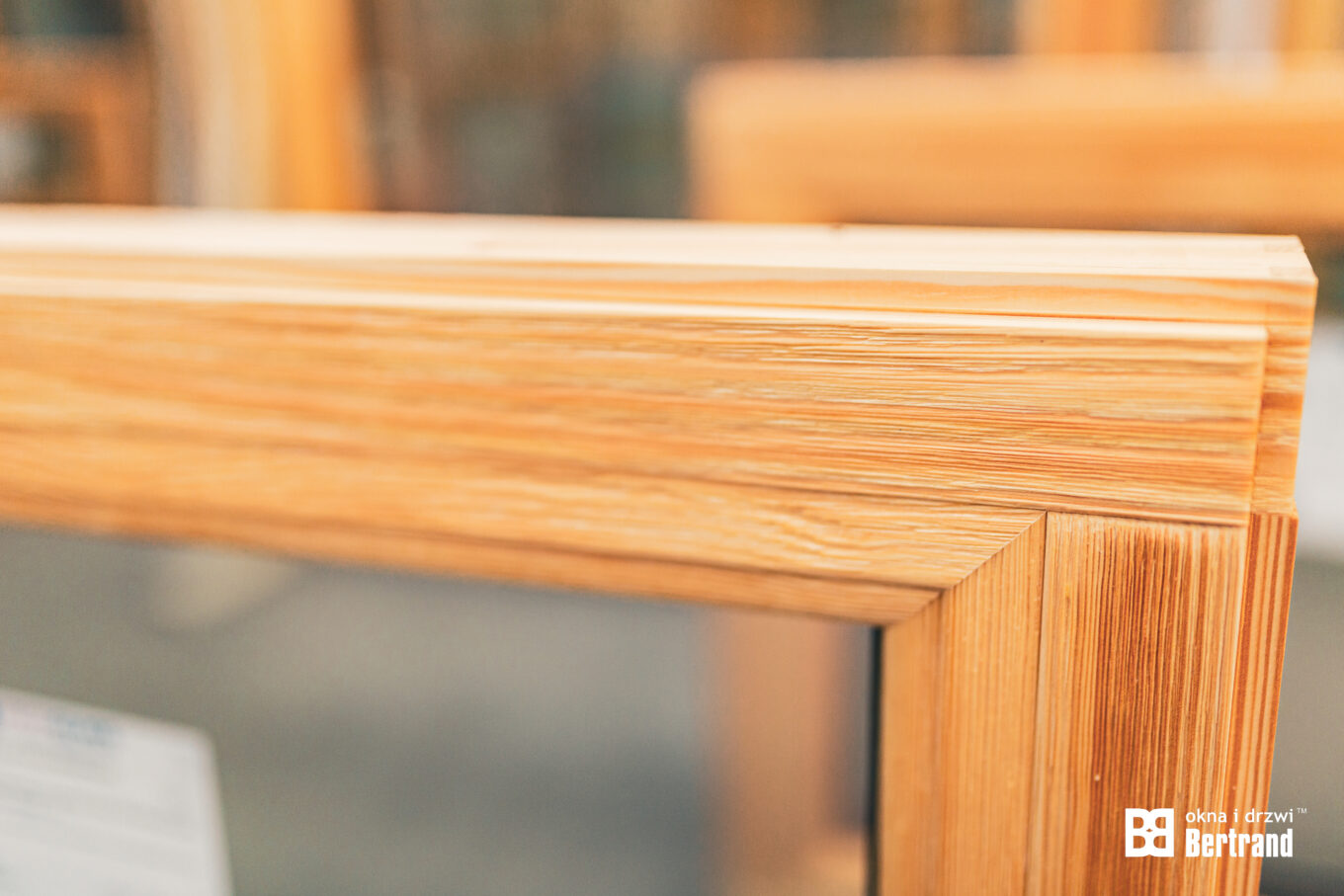Choosing the right type of glass for windows is a key element affecting the comfort, safety and energy efficiency of the building. Additionally, the correct selection of glass can significantly reduce energy costs, increase acoustic insulation and provide protection against burglary and other threats. There are several reasons to delve deeper into this topic, and here we come out with our guide to the types of glass. We cordially invite you!
First of all, it is important to start with the fact that different types of glass meet specific requirements. That's why it's so important to understand what benefits each solution offers. Below is a detailed overview of the different types of glass available on the market.

1. Insulating glass
Let's start with what exactly are such windows? Insulating glass is two or more pieces of glass joined together with the space between them which is filled with air or a gas such as argon. This design improves the thermal and acoustic insulation of windows.
Heat-insulating glass: Specially designed to minimize heat loss, leading to significant heating savings and improved building energy efficiency. These glasses are covered with a low-emission layer that reflects heat back into the room.
Glass with a warm spacer: Equipped with frames with low thermal conductivity, which reduce thermal bridges and increase the insulation of the entire window structure. Thanks to this, they reduce heat losses and improve thermal comfort in rooms.
Solar control glazing: They effectively regulate the amount of sunlight penetrating the interior, which helps avoid overheating of rooms and reduces air conditioning costs. Additionally, they protect against harmful UV radiation.
Safety and protective glass: They provide a high level of security through a reinforced structure that makes burglary difficult and minimizes the risk of injury in the event of glass breaking. Perfect for use in public and residential buildings.
Projectile impact-resistant glass: Specialized glass with increased resistance that withstands extreme impacts, providing additional protection in high-risk areas.
Soundproofing glass: They reduce external noise, which is especially important in buildings located in busy urban areas. These glasses significantly improve acoustic comfort inside rooms.
Fire-resistant glass: They increase the fire safety of a building because they are designed to withstand high temperatures and retard the spread of fire. They are used in industrial and public facilities.
Windows with ornamental glass: Decorative glass that combines aesthetics with functionality. Perfect for applications where privacy is required while allowing light to pass through.
Glass with internal muntins: They offer additional decorative elements that divide the glass into smaller sections, adding a classic look and style to the windows.

2. Specialty Glass
Special glasses are also made of insulated glass.
SG tempered glass: Increased resistance to impacts and temperature changes, which makes them ideal for outdoor applications and places with a high risk of mechanical damage.
Tempered curved glass: A unique glass with a bent form that retains the strength properties of tempered glass. Used in architecture where unusual shapes are required.
HST (Heat-Soak Test): The process of testing tempered glass to eliminate the risk of spontaneous breakage. Provides additional reliability and security.
Mechanical edge processing: Precise processing of glass edges, which increases safety of use and aesthetics.
Glass with holes: Glass in which holes are drilled to enable the installation of additional structural elements.
Glass with cutouts: Precise cutouts in the glass, adapted to specific architectural and installation needs.
Print on glass: A technology that allows applying aesthetic patterns to the glass surface, increasing its decorative value.
Decorative glass with screen printing: Glass with patterns obtained by screen printing, ideal for decorative and functional uses.
Spandrels – opaque glass: Glass used in building facades, opaque, often with a metallic coating, which hides structural elements.
Laminated – layered glass: Glass consisting of several layers of glass connected with PVB foil, ensuring a high level of safety in the event of breakage.
3. Single glazing
A basic type of glass used in windows that does not offer the same properties as insulating glass, but can be used in less demanding applications.
Choosing the right glass depends largely on the specific needs of the building and your own expectations. However, the variety of glass types available on the market allows the product to be tailored to individual requirements, while ensuring comfort, safety and aesthetics. Remember that our experienced customer advisors, who have completed many projects, are always ready to help you choose the best solution tailored to your needs.




